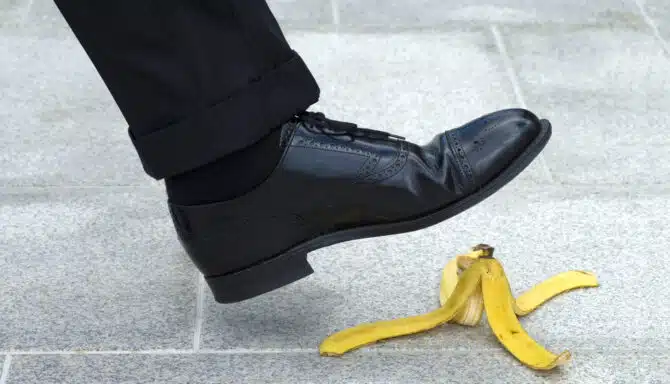Other than osteoarthritis, most other forms of arthritis are described as “Inflammatory Arthritis” because in these cases, inflammation itself is the source of cartilage damage.
Rheumatoid Arthritis
Rheumatoid arthritis is an autoimmune disease, which means it occurs when the body’s immune system starts to mistakenly attack its own tissues. With rheumatoid arthritis, the immune system targets the lining of the joints, leading to chronic inflammation, cartilage damage, joint impairment and joint deformity. In addition, this disease is not only localized to the joint, but also has systemic implications, such as a low-grade fever, loss of appetite, fatigue, and anemia. In some cases, inflammation can even affect nearby organs like the nerves, eyes, skin, heart, and lungs.
Rheumatoid arthritis is characterized by flares and remissions of disease activity, including swelling, pain, and stiffness in multiple joints, usually presenting in a symmetrical fashion. For instance, when a joint in your left hand is swollen, the same joint in your right hand will also be swollen. The disease starts by affecting the smaller joints in the body such as those found in the hands, wrists, and feet, and will spread to larger joints as the disease progresses.
Psoriatic Arthritis
Psoriatic arthritis is an inflammatory arthritis associated with an inflammatory dermatological condition called, psoriasis. Psoriasis is characterized by red, silvery, scaly patches that are itchy and sometimes painful. Nails can also be involved and become thickened, discoloured, pitted, and crumbly, mimicking nails infected with fungus.
Psoriatic arthritis usually affects a joint or a few joints of the fingers and toes, resulting in a swollen, red digit. In some cases, the spine and knee may also be affected.
How Can a Chiropodist Help?
Rheumatoid and psoriatic arthritis can lead to joint disability and joint deformity. Therefore, wearing orthopedic footwear to accommodate the foot can help to manage pain and inflammation, thereby, slowing down the progression of the disease. In general, look for a wide set shoe with a wide and deep toebox and a cushioned insole. A biomechanical assessment and gait analysis will determine if there are any biomechanical faults that are exacerbating your symptoms. The best custom foot orthotic will control, stabilize, and support the foot, reducing stress on joints and evenly redistributing pressures.
If you have rheumatoid or psoriatic arthritis affecting the joints of your feet, stop living in pain and book an appointment with one of our Licensed Chiropodists at Feet First Clinic today. Chiropodists can help to restore and preserve function as well as maintain mobility in the joints of your feet, significantly improving the quality of your life.








